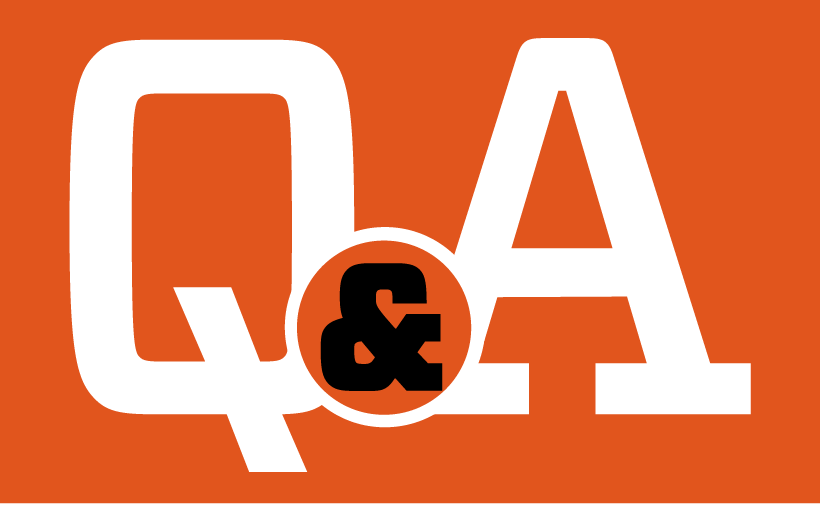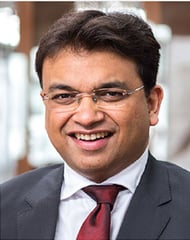
Why is important for every leader (and brand) to find the “why?”
Knowing your why is one of the surest ways to avoid burnout. I was always confused when I’d see accomplished executives with 15 or 20 years of experience, usually at the top of their game, quit and do something completely different. Burnout is incredibly common today. There are many factors that cause it. Leaders must deliver results. They have specific revenue goals hanging over their heads. That playbook stares up at them from their desk every day, and they know they’ll be measured by how they perform. All the while, formidable competitors are competing relentlessly against them for the same business.
Add to all this the stress of recruiting, hiring, firing, motivating and managing a team of highly intelligent individuals. The stress is tremendous. The anxiety is through the roof. The travel is exhausting. The phone and email never shut off. Luckily, there’s a solution. It starts with recognizing that you might have a “why” problem.

Why is it important to use “emotional intelligence” to your advantage?
The age-old notion of “check your emotions at the door” before you come to work is, in my humble view, rubbish. No one does that. For leaders to read emotions in situations, predict outcomes that are based on individual emotion, and almost forecast the outcomes of actions that would have emotion meshed in, is a key skill today. For example, knowing how restructuring efforts in your team might play out in reference to staff morale and financial results would help serve you well in the executive decision-making around such tough decisions.
Why is building strong working relationships still critical today?
Relationships in the workplace help build on the ability to read and improve your emotional intelligence and predict the impact of actions. While I feel the value of these relationships creates a very healthy career life, at a clinical level they serve as data points for your ability to leverage your emotional intelligence.
Is building trust a lost art?
The pace of our work life and the sheer grind makes our behavior very transactional. We focus on what we need to make our tasks, our teams, our lives a success without much thought for the counter parties. Building trust allows for a longer runway of goodwill that surpasses the mere transactional task at hand. If you build trust, I often say: How others lobby you for discounts, pay raises, supplier credit and all manner of “asks will feel less voluminous and transactional.”
What is the best piece of advice you ever received?
My lifetime career learning has taught me that there is only one priceless asset more precious that all the wealth in the world: your reputation.
What is the quality every leader needs today?
Contemporary leadership in a world of speed, innovation, robotics and machine learning is one that focuses on serving the team. The best way to get leverage out of the smart workforce leaders find themselves in today is by winning the hearts and minds of their teams. This is easier said than done. Words are not enough. It takes action. Consistent action. The primary role of any leader today is “servant leadership.” It means the leader exists to serve those under him.
 In his bestselling book, "Give to Get," former GE executive Vishal Agarwal extols the virtues of actually walking the walk and talking the talk. As one review said, "If you're looking for people who have fought the war, lost and won, lost again and won again, over and over," Agarwal is your muse. From the corporate landscapes of Pricewaterhouse Cooper to GE, Agarwal has navigated all facets of corporate life–from building teams and delivering value to translating multinational visions into local wins. We caught up with him to get his thoughts on the importance of finding your "why" in today's leadership game.
In his bestselling book, "Give to Get," former GE executive Vishal Agarwal extols the virtues of actually walking the walk and talking the talk. As one review said, "If you're looking for people who have fought the war, lost and won, lost again and won again, over and over," Agarwal is your muse. From the corporate landscapes of Pricewaterhouse Cooper to GE, Agarwal has navigated all facets of corporate life–from building teams and delivering value to translating multinational visions into local wins. We caught up with him to get his thoughts on the importance of finding your "why" in today's leadership game.
